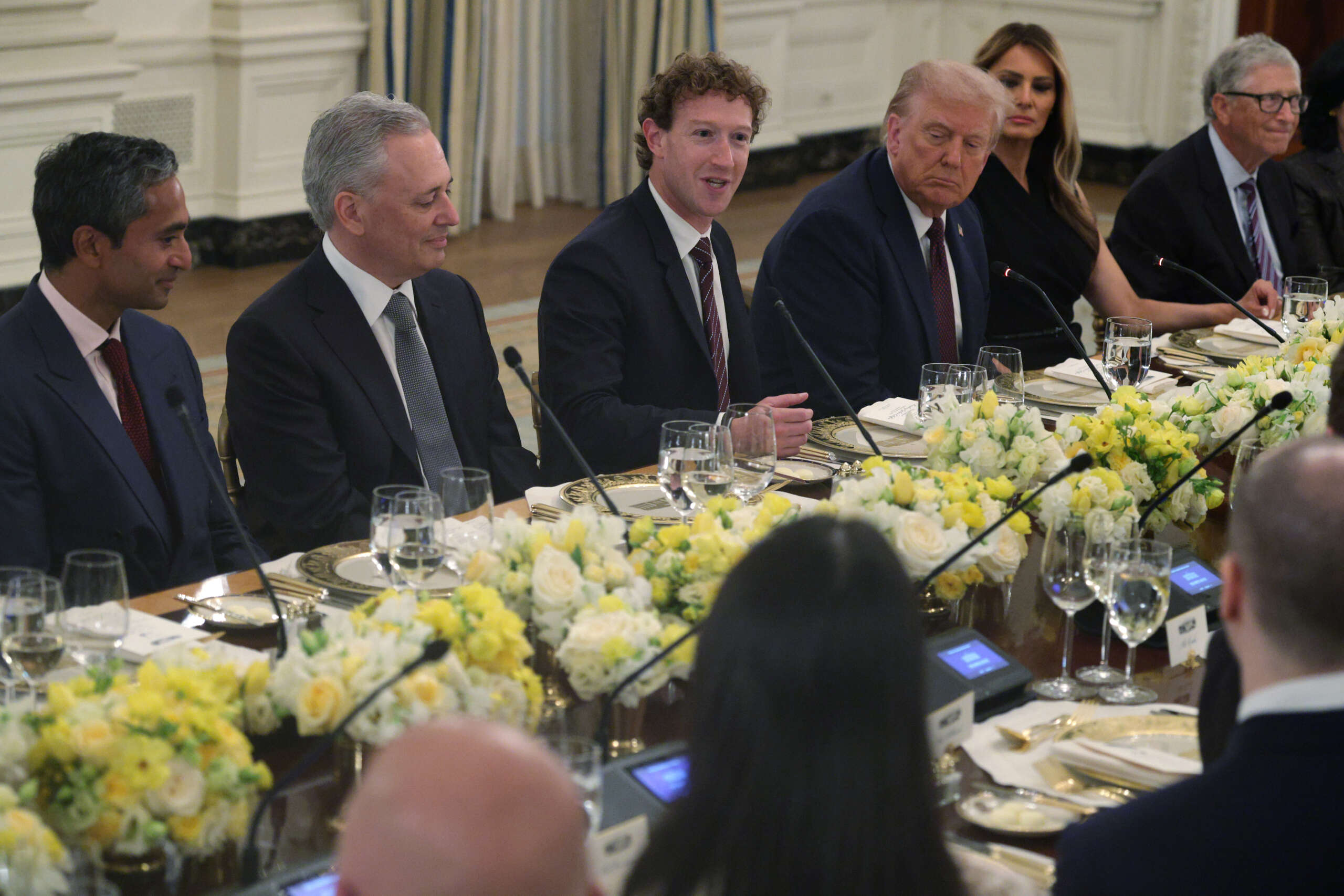Social justice
fromBusiness Insider
3 weeks agoFrom shoplifting to return fraud, how America became a nation of small-time scammers, cheaters, and thieves
Many consumers commit small acts of fraud or rule-bending against large corporations as a form of retaliation for perceived corporate unfairness and power imbalances.






